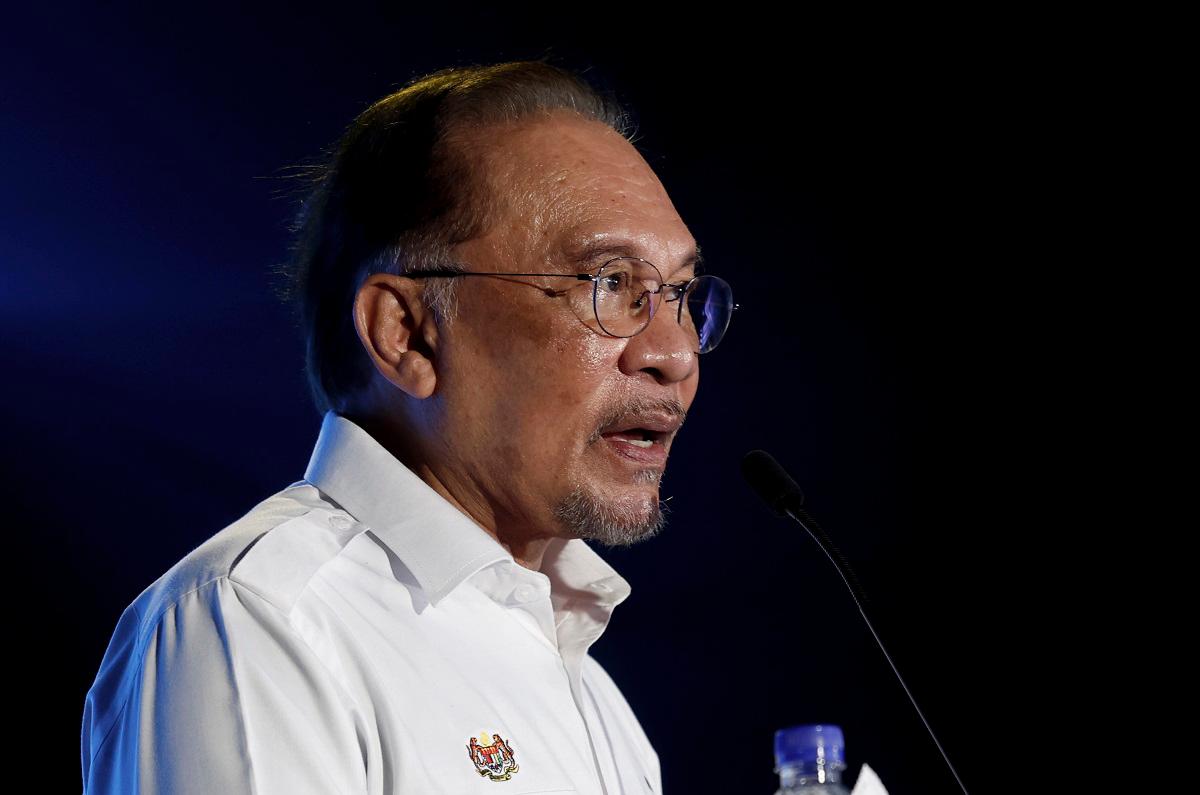KUALA LUMPUR: The Israel-Iran conflict will not necessarily hurt the oil industry or price mechanisms of the commodity, said Prime Minister Datuk Seri Anwar Ibrahim.
He made the statement after holding discussions with the Secretary-General of the Organisation of the Petroleum Exporting Countries (OPEC), Haitham Al Ghais, and major oil industry players on the sidelines of the Energy Asia 2025 conference today. “Of course, they are monitoring the situation closely, but it does not necessarily hurt the industry or price mechanisms (of the commodity). We hope the conflict can be resolved much earlier,” he said.
When asked about the impact of the conflict on the energy industry, Anwar stated that there are concerns about the potential closure of the Strait of Hormuz, a vital route for the export of oil and liquefied natural gas, as well as a key trade route for the Middle East region.
At the same time, Anwar also announced major investments by Total, Italy-based ENI, and Saudi Aramco, which he said reflected confidence in Petronas’ capabilities. “Several key agreements related to investments in Malaysia will be signed at the Energy Asia 2025 Conference, which will be held over three days,” he added.
Also taking place at Energy Asia is a closed-door session involving global chief executive officers and top-level leaders from key sectors such as oil and gas, energy, technology, finance, and professional services.
This aims to chart a collective path to stimulate investment, enhance coordination, and accelerate the adoption of technology to drive Asia’s energy transition.
The Energy Asia 2025 Conference, themed “Delivering Asia’s Energy,” and being held from June 16–18, serves as a timely platform for Malaysia and the region to assess progress toward energy transition goals and reinforce national commitments toward achieving net-zero carbon emissions.
The event is also seen as highly relevant amid the intersection of economic diversification and sustainable development, as countries shift from oil to renewable energy (RE) and adopt new technologies such as hydrogen and carbon capture.
Earlier, Anwar delivered the keynote address and officiated the event, which will feature 180 prominent speakers from around the world and attract more than 4,000 delegates, including policymakers, energy professionals, and industry leaders.
Among the main agenda items of the conference are a plenary session titled “Energy Present, Energy Future: Pathways for Asia’s Just Transition,” followed by a leadership dialogue - “Energy at the Crossroads: Policies, Technologies and Investments.”









